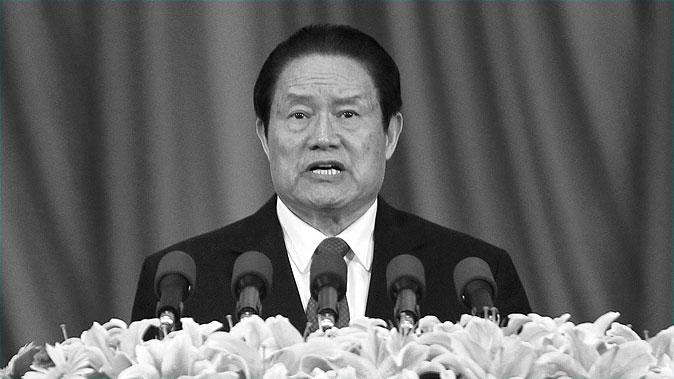Recently, a Hong Kong magazine published an exposé on the crimes and sexual transgressions of the Chinese regime’s former security czar Zhou Yongkang. This article follows up on an earlier report by the magazine on the large number of Zhou’s associates who have been arrested and the stupendous wealth Zhou has acquired.
Chengming Magazine is believed to be on good terms with the Xi Jinping administration, and has regularly produced scoops that rely on unnamed sources in Beijing. In its most recent edition, Chengming reports that it obtained a document in which authorities in Beijing discuss the crimes committed by Zhou Yongkang.
Zhou was for a long time one of the most powerful men in the Chinese regime and succeeded in turning the security forces he headed into a “second power center,” rivaling the general secretary’s authority, according to China Epoch Times commentator Wang Hua.
Zhou was formally arrested on Aug. 1, 2014, the biggest of the “big tigers” brought down by the current anti-corruption campaign.





